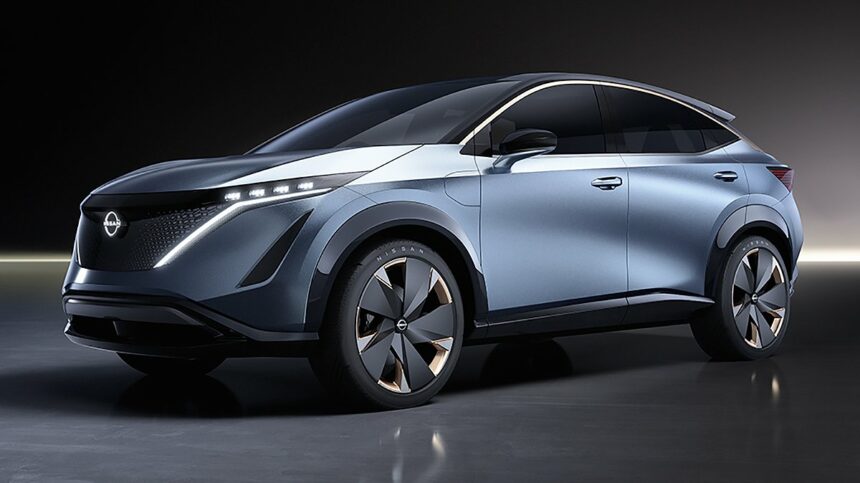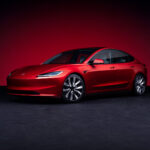Nissan is accelerating its electrification plans with a groundbreaking commitment: all vehicles sold in Europe will be electric by 2030. This announcement comes despite the UK’s recent decision to postpone the ban on the sale of new petrol and diesel cars from 2030 to 2035. Nissan’s CEO, Mr. Uchida, emphasized that this move is “the right thing to do”, reflecting the company’s dedication to sustainable transportation.
However, concerns have arisen from the Society of Motor Manufacturers and Traders (SMMT), which fears that delaying the ban could lead consumers to postpone their transition to electric vehicles. Nevertheless, Nissan is committed not only to making electric vehicles more accessible but also to reducing their cost to match that of traditional petrol and diesel cars.
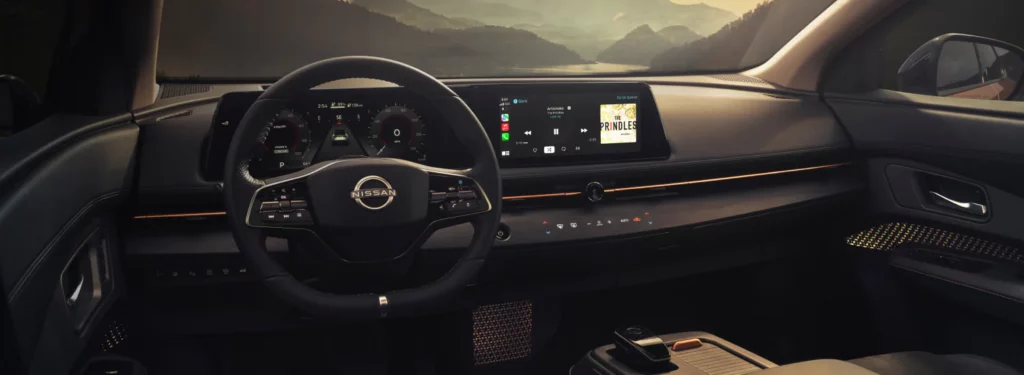
Cost efficiency
Mr Uchida outlined Nissan’s vision, stating, “We are aiming to bring down the cost of electric vehicles for customers so that they are no more expensive than petrol and diesel cars.” While acknowledging that this endeavour may take some time, he emphasized a multi-pronged approach, encompassing technological advancements, collaboration with suppliers, and cooperation with the government to achieve cost competitiveness for consumers. He unequivocally affirmed their ambition, saying, “That’s what we’re aiming for.”
Nissan will make the switch to full electric by 2030 in Europe. We believe it is the right thing to do for our business, our customers and for the planet
Makoto Uchida, Nissan’s chief executive
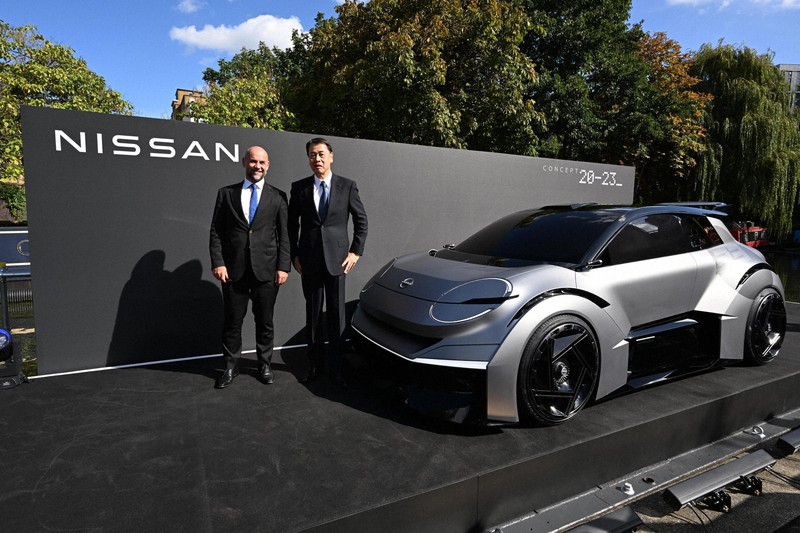
Nissan’s electrification advantage
In addition to affordability, Nissan is racing to implement advanced battery technology that will revolutionize electric vehicles. They are fast-tracking the development of all-solid-state batteries (ASSB), which are lighter, more cost-effective, and quicker to charge than current battery technology. Mr. Uchida revealed their timeline, stating, “We are going to have a pilot plant for ASSB in Japan from next year, and we want to ensure they can be mass-produced by 2028.” He acknowledged the challenges but expressed confidence in their solution and the trajectory toward meeting this target.
Nissan stands uniquely positioned in the UK’s automotive landscape as the sole car manufacturer with in-house battery manufacturing next to its Sunderland plant. Bolstered by a substantial £1 billion investment, including £100 million from the government, Nissan has surged ahead of rivals reliant on battery imports from China.
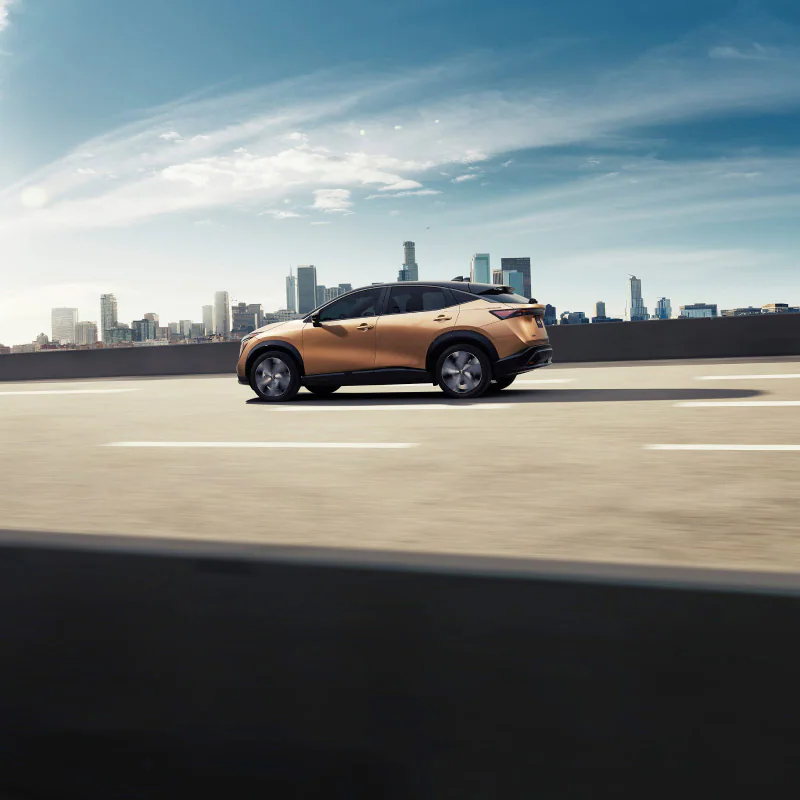
As post-Brexit trading rules approach in January, mandating 45% regional component sourcing to avoid tariffs, concerns arise. Batteries, the costliest EV component, pose a challenge. Yet, Business Secretary Kemi Badenoch remains hopeful, indicating government efforts to defer this requirement until facilities are battery-ready.
Nissan’s commitment to full electrification in Europe by 2030, alongside advancements in electric vehicle accessibility and technology, signifies a significant stride toward a sustainable, electrified automotive future. Their continued innovation in battery tech is set to drive EV adoption and contribute to a greener European automotive landscape.


